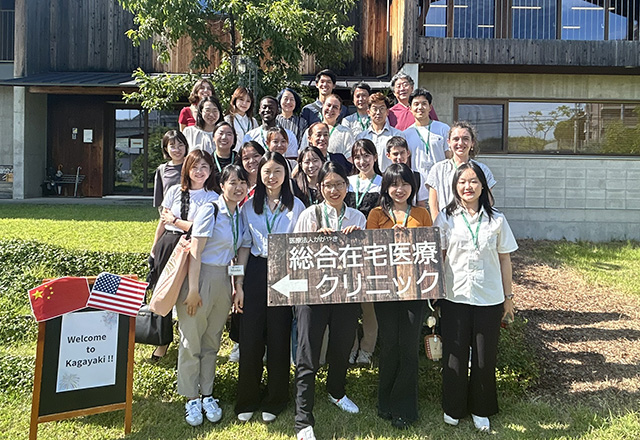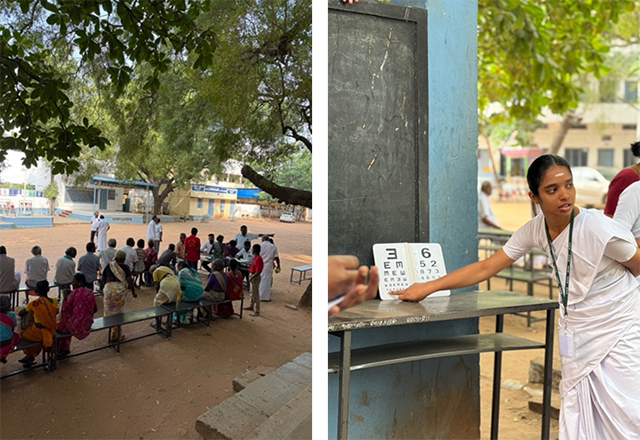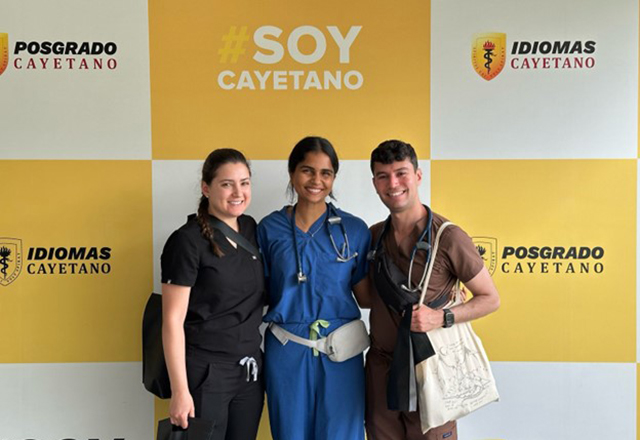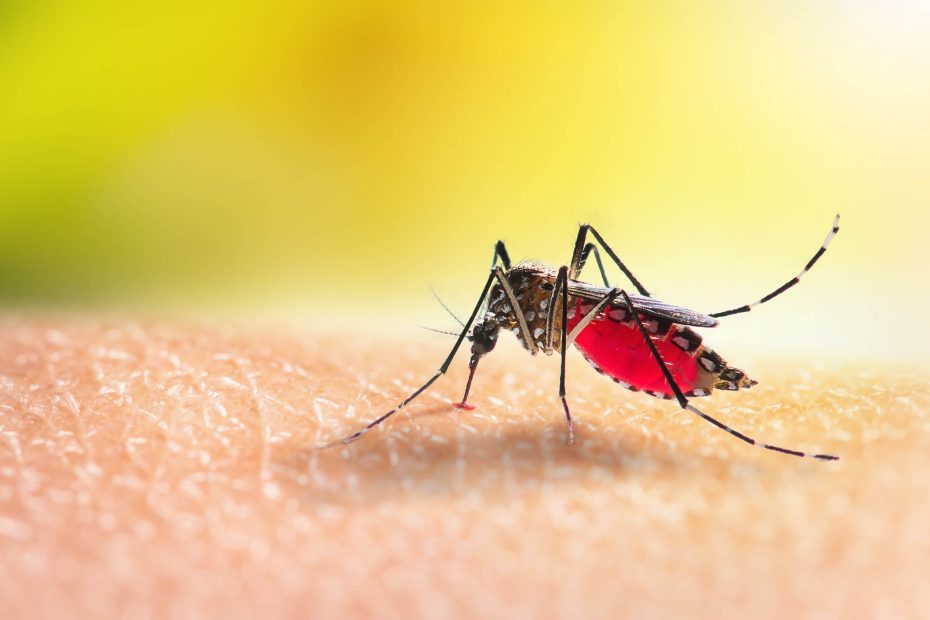Patient-Centered Medical Homes: Lessons from Community Medicine in Japan and the Johns Hopkins HHT Center of Excellence
This article has been deidentified to protect the anonymity and confidentiality of the patient in the story. Any matches in names or circumstances to other… Read More »Patient-Centered Medical Homes: Lessons from Community Medicine in Japan and the Johns Hopkins HHT Center of Excellence









